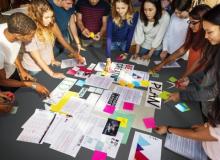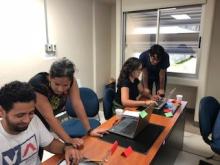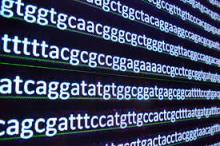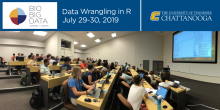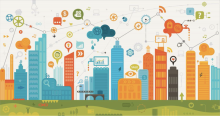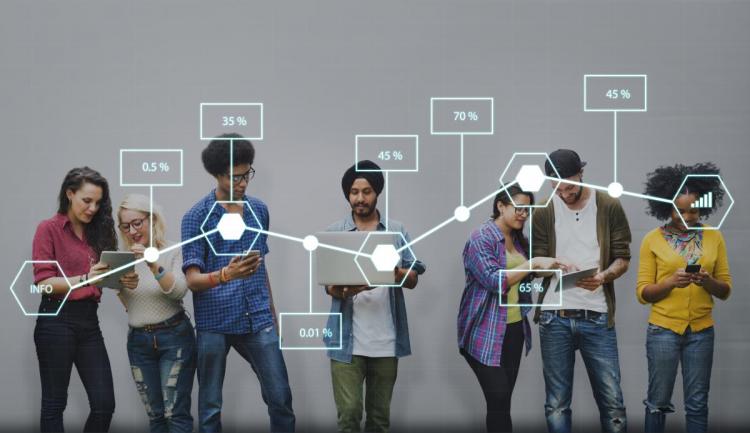
STUDENTS AND EDUCATION OVERVIEW
The South Big Data Hub has provided students opportunities to gain real-world experience through attending multi-week team building fellowships, collaborating in fast-paced atmospheres, providing expert knowledge to address company data-related business challenges, obtaining internships to utilize data for social impact, and participating in speaking engagements and travel awards to expand their knowledge and network.
In addition, the South Hub and partners developed tools to help youth understand the many aspects of the data-intensive computing environment through a national online Data Science course.
IMPACT
- 176 students participated in DataUp workshops
- 100+ indirect learners who benefited from workshops/bootcamps, modules, and courses taught by DataUp trained faculty members
- Over $280,000 in funding for students to gain real-world data-related career experience


